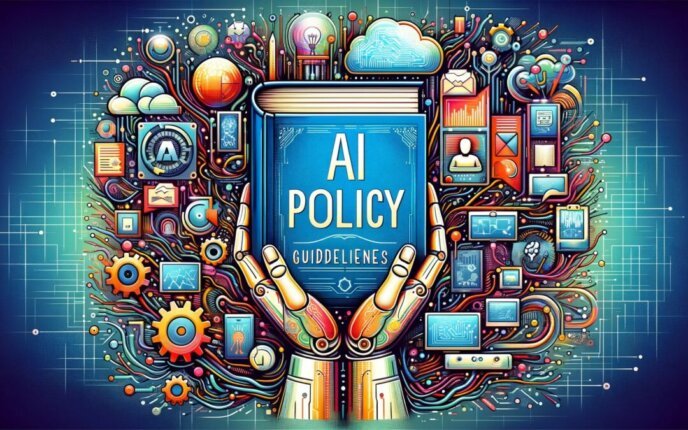Experts say AI policy can spark economic revolution in Pakistan, but swift execution is key
ISLAMABAD – Pakistan’s newly launched National Artificial Intelligence Policy 2025 has been hailed by IT experts as a major step toward a digital economic revolution, with the potential to boost tech exports, create millions of jobs, and position Pakistan as a serious player in the global AI race.
Approved by Prime Minister Shehbaz Sharif, the policy lays out a vision to build a robust AI ecosystem, democratize AI access, improve public service delivery, and support innovation-led growth.
It targets training one million AI professionals by 2030, setting up innovation and venture funds, distributing thousands of scholarships, and launching civic and commercial AI projects to drive economic transformation.
📚 Massive upskilling needed
Mehwish Salman Ali of P@SHA’s AI Committee said the policy marks a turning point but emphasized that the real work lies in developing skilled talent. “We need partnerships with local and global institutions to train 10,000 AI instructors and at least 1 million graduates within the next two years,” she said.
She stressed the importance of AI-focused degree programs, city-level innovation hubs, and strategic international collaborations, particularly with Gulf countries for AI projects and joint ventures.
The policy also commits to inclusive growth by supporting women, differently-abled individuals, and underserved communities through targeted financing and accessible education.
💡 Infrastructure + awareness = success
Muhammad Umair Nizam, Senior Vice Chairman of P@SHA, said the AI policy could help Pakistan meet its $10 billion IT exports target by FY2029, but only if the basic infrastructure—such as broadband, affordable devices, electricity, and digital workspaces—is improved nationwide.
He also stressed the need for a mass awareness campaign, noting that Pakistan needs not just AI developers, but also responsible users of the technology.
⚠️ “Speed must match global AI pace”
However, tech industry veteran Dr. Noman Said warned that the real challenge is execution. “Crafting a visionary policy is the easy part. The hard part is delivering results at the pace of innovation, not bureaucracy,” he said.
He pointed out that while the policy’s goals stretch to 2028, AI is evolving every 6 to 12 months globally, and Pakistan risks being left behind if it doesn’t act fast.
Dr. Noman also emphasized the need to empower startups and SMEs, suggesting tax incentives, data access, and regulatory sandboxes to boost private sector participation. He stressed that the newly proposed institutions must be run by technocrats, not bureaucrats, to avoid slowdowns.
“Pakistan has the chance to become a regional AI leader, but it must integrate into global AI networks now or risk falling into the trap of being a passive technology consumer,” he added.



